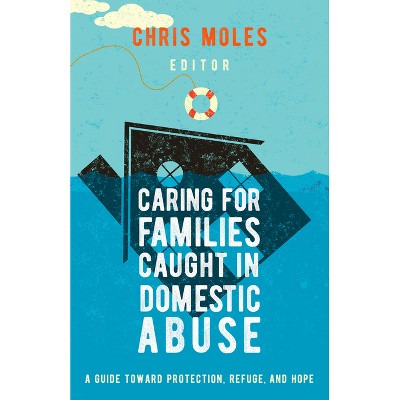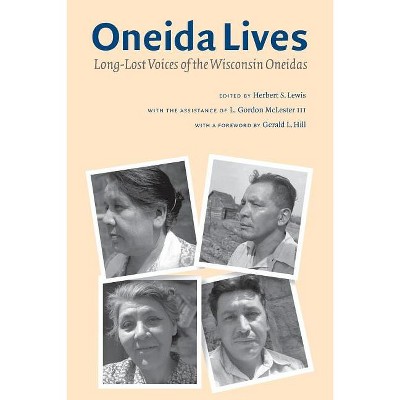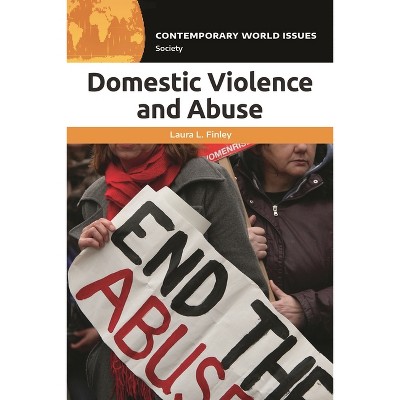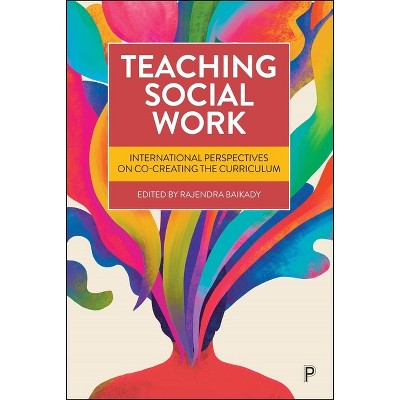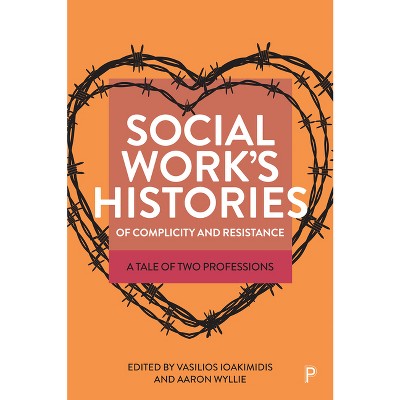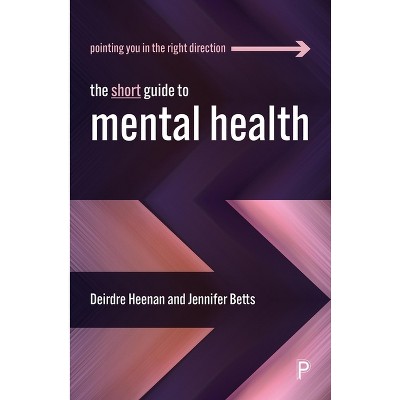Sponsored

The Everyday Lives of Children Who Have Experienced Domestic Abuse - by Brenda Herbert
Pre-order
Sponsored
About this item
Highlights
- Discussions on children who have experienced domestic abuse often focuses on trauma and risks, and little is known about their lives beyond abuse.
- About the Author: Brenda Herbert is a counsellor with 15 years' experience working with children who have experienced domestic abuse.
- 208 Pages
- Social Science, Social Work
Description
Book Synopsis
Discussions on children who have experienced domestic abuse often focuses on trauma and risks, and little is known about their lives beyond abuse. This risks pathologising children and reinforcing colonial and patriarchal social norms.
This groundbreaking book challenges dominant narratives by drawing on an 18-month multimodal ethnography with children in an inner London borough.
Offering a radical and holistic perspective on children's personhood, this book situates their everyday lives within broader global debates on childhood, decolonisation and social justice. It engages with the works of Black feminist, decolonial and Indigenous scholars, calling for a fundamental rethinking of how we support and understand children who have experienced domestic abuse.
Review Quotes
"Based in multimodal ethnographic research, this vital new book explores the often hidden and silenced aspects of the everyday lives of children who have experienced domestic abuse. It will challenge and enrich understandings of these children's lives across the worlds of research, policy and practice." Peter Kraftl, University of Birmingham
"Beautiful and moving writing that combines scholarship with analytical innovation. This exemplary, principled and engaging study challenges and inspires new theories and more equitable practices alike." Erica Burman, University of Manchester
"This excellent book provides a wonderfully humane account of children's lives in all their complexity and is vital reading for all professionals." Brid Featherstone, University of Huddersfield
"Brenda Herbert, a psychodynamic counsellor/therapist turned researcher, brings her unparalleled skills of looking, listening, learning with and trusting children's words, play, joy and worries as invaluable sources of knowledge. This is a must-read book for therapists, teachers, researchers, parents and policy makers whose relationships with children can too easily ignore, underestimate and silence children's experiences and perspectives in the name of 'protection'. Herbert tells a two-fold story: first, the significance of play and fun in children's everyday lives and, second, her own struggles to acknowledge and honour this in her research. This transparency and reflexivity is what makes the book such a great resource for teaching qualitative multimodal research methods and courses in critical childhood studies. Written with clarity of vision and infused with grace, the book inspires readers to challenge assumptions about saving and fixing children. Herbert has given us a road map for cultivating lives lived in the pursuit of fun, beauty and love as an antidote to the trauma-riddled, deeply unequal and violent worlds that children must navigate." Wendy Luttrell, CUNY
"This book is exceptionally well researched and beautifully written. Herbert critically analyses the importance of foregrounding the everyday in the lives of children affected by domestic abuse. Without diminishing or invalidating the trauma and abuse they have experienced, Herbert, often led by the child participants themselves, explores the mundane within their lives such as food and play. Skilfully and engagingly, she demonstrates the fullness or humanness of their lives and encourages us all to move away from pathologising children affected by domestic abuse." Afua Twum-Danso Imoh, University of Bristol
About the Author
Brenda Herbert is a counsellor with 15 years' experience working with children who have experienced domestic abuse. She holds a PhD from Goldsmiths, University of London and was the Sociological Review Fellow 2024-25.
